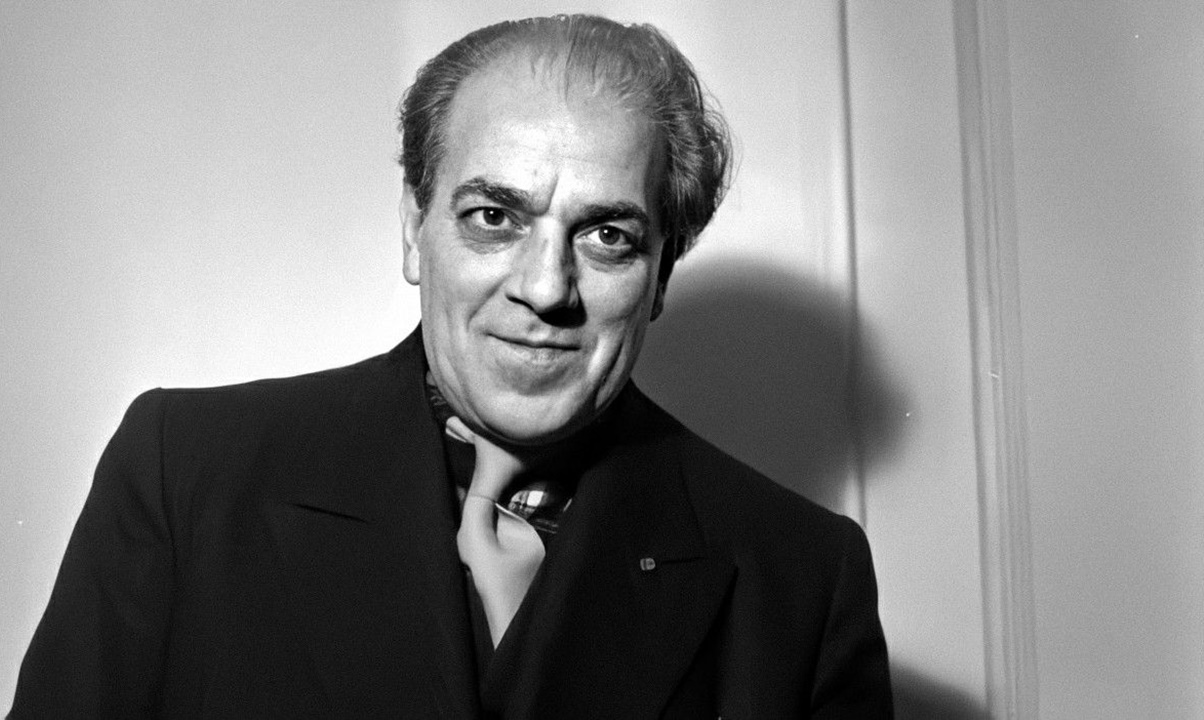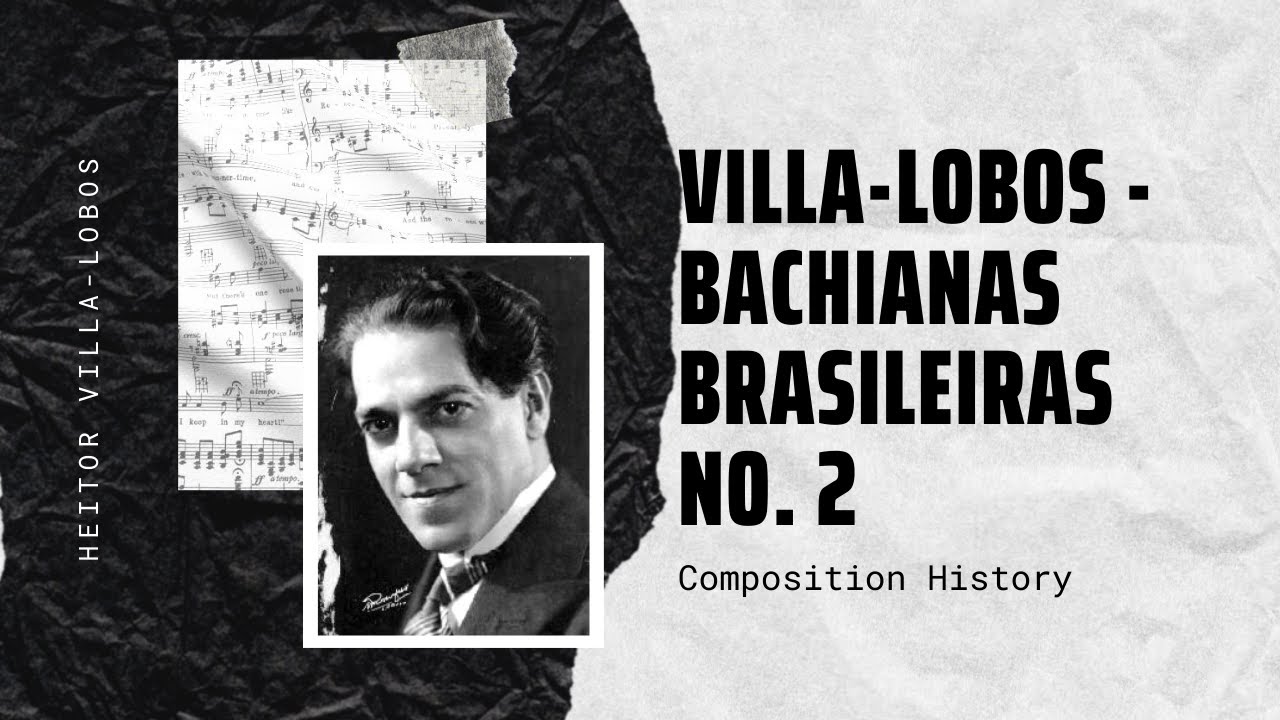
Heitor Villa-Lobos: A Complete Biography
Heitor Villa-Lobos (1887–1959) is widely regarded as the most significant classical composer in Brazilian history and one of the most innovative composers of the 20th[…]

Top 10 Villa-Lobos Songs
Heitor Villa-Lobos, a towering figure in 20th-century classical music, is celebrated for his ability to weave the vibrant musical traditions of Brazil into the fabric[…]

Life and History of Villa-Lobos
Heitor Villa-Lobos was one of the most influential and original composers of the 20th century. His music reflects his deep connection with the rich and[…]

The Best of Villa-Lobos
Heitor Villa-Lobos (March 5, 1887 – November 17, 1959) was a Brazilian composer, conductor, cellist, pianist, and guitarist described as “the single most significant creative[…]

Villa-Lobos – Bachianas Brasileiras No. 2
Villa-Lobos – Bachianas Brasileiras No. 2 The Bachianas Brasileiras are a series of nine suites by the Brazilian composer Heitor Villa-Lobos, written for various combinations of[…]